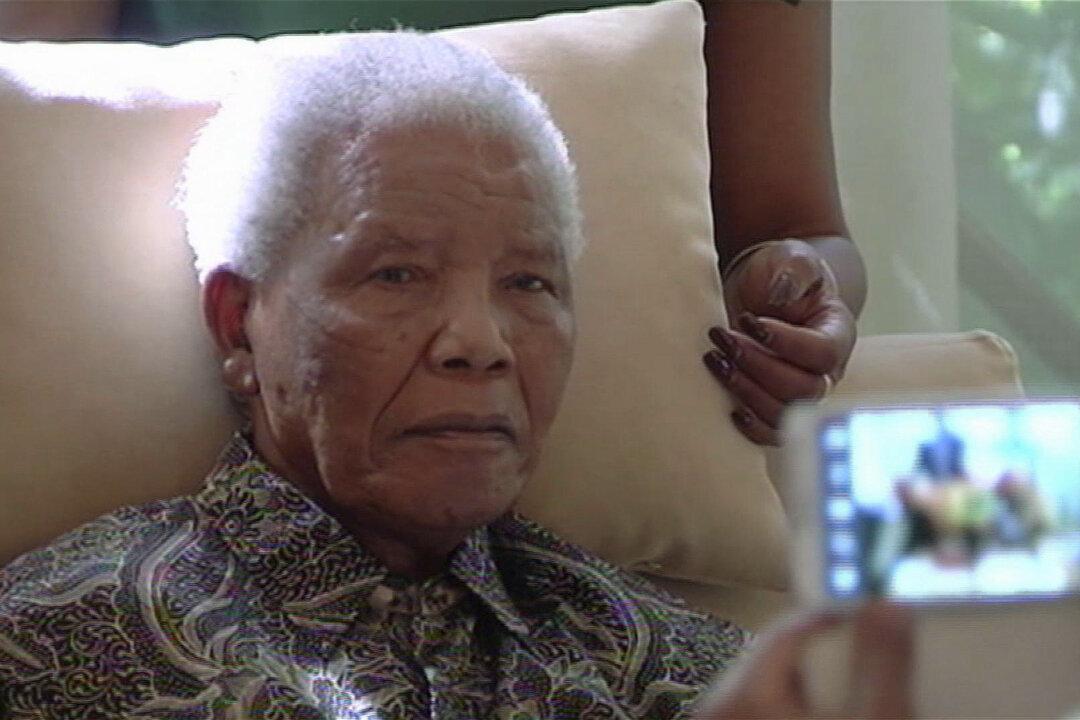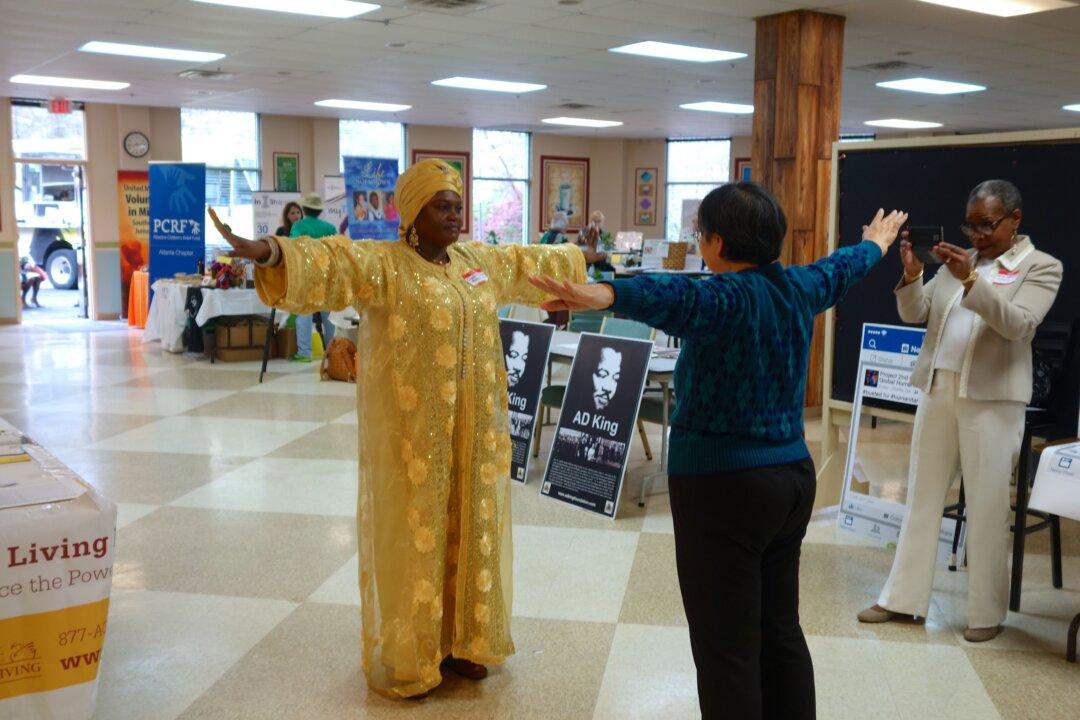President Barack Obama is arriving in South Africa on June 29, perhaps too late to have a conversation with former South African President Nelson Mandela, who is in critical condition in a Pretoria hospital. Both Nobel laureates represent historic breakthroughs for their countries, and South African philosophy has influenced the American civil rights movement that made Obama’s election possible.
Mandela opened his eyes and smiled after being told of Obama’s imminent visit to South Africa, his daughter Zindzi Mandela said on June 25, NBC reported.
A remarkable cultural exchange for good and for ill connects the two nations. Whereas apartheid was modeled on the practices of the Jim Crow South, the nonviolent movement that dismantled segregation in the South was based on the South African ethic of ubuntu, according to the Apartheid Museum in Johannesburg.
Archbishop Emeritus Desmond Tutu explained ubuntu in a statement: “We believe that a person is a person through other people, that my humanity is caught up, bound up, inextricably, with yours. When I dehumanize you, I inexorably dehumanize myself.”
South Africans love 94-year-old Mandela. The end of white minority rule could have devolved into bloody chaos or a new dictatorship, but it did not, and Mandela’s forgiving spirit and forbearance is credited for that.
The sense of anticipation and foreboding about Mandela’s fate has grown since late Sunday, when the South African government declared that the condition of the statesman, who was rushed to a hospital in Pretoria on June 8, had deteriorated.
A tide of emotional tributes has built on social media and in hand-written messages and flowers laid outside the hospital and Mandela’s home. On June 26, about 20 children from a day care center posted a hand-made card outside the hospital and recited a poem.
“Hold on, old man,” was one of the lines in the Zulu poem, according to the South African Press Association.
In recent days, international leaders, celebrities, athletes and others have praised Mandela, not just as the man who steered South Africa through its tense transition from white racist rule to democracy two decades ago, but as a universal symbol of sacrifice and reconciliation.
In South Africa’s Eastern Cape province, where Mandela grew up, a traditional leader said the time was near for Mandela, who is also known by his clan name, Madiba.
“I am of the view that if Madiba is no longer enjoying life, and is on life support systems, and is not appreciating what is happening around him, I think the good Lord should take the decision to put him out of his suffering,” said the tribal chief, Phathekile Holomisa.
“I did speak to two of his family members, and of course, they are in a lot of pain, and wish that a miracle might happen, that he recovers again, and he becomes his old self again,” he said. “But at the same time they are aware there is a limit what miracles you can have.”
For many South Africans, Mandela’s decline is a far more personal matter, echoing the protracted and emotionally draining process of losing one of their own elderly relatives.
One nugget of wisdom came from Matthew Rusznyah, a 9-year-old boy who stopped outside Mandela’s home in the Johannesburg neighborhood of Houghton to show his appreciation.
“We came because we care about Mandela being sick, and we wish we could put a stop to it, like snap our fingers,” he said. “But we can’t. It’s how life works.”
Visitors to the hospital on Wednesday included Mandela’s former wife, Winnie Madikizela-Mandela.
President Jacob Zuma said Wednesday, “As he remains in a critical condition in hospital, we must keep him and the family in our thoughts and prayers every minute.”
The Associated Press contributed to this report.





